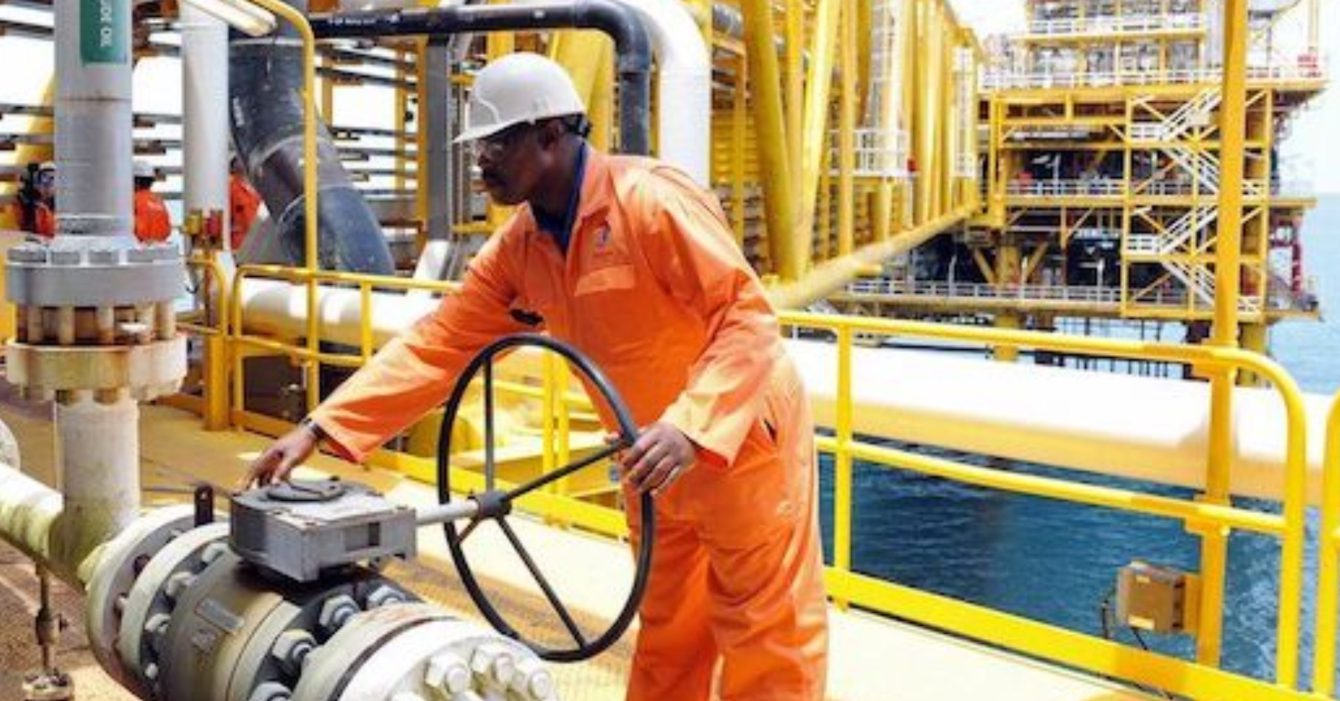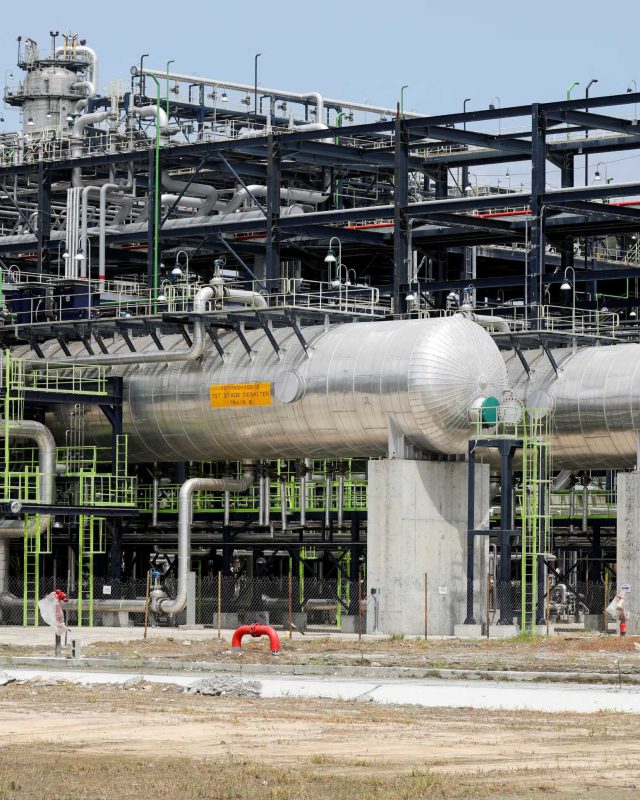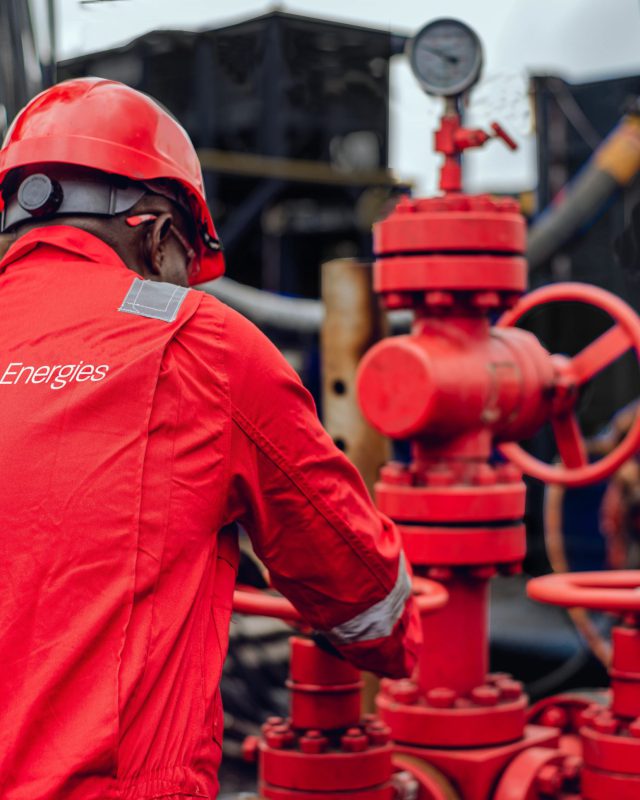NNPC Exploration and Production Limited (NEPL), a subsidiary of the Nigerian National Petroleum Company Limited (NNPC), has projected an annual investment requirement of approximately $4 billion to enhance Nigeria’s crude oil and natural gas output over the next five years.
A financial analysis of this capital outlay indicates that by 2030, NEPL will need around $20 billion in combined capital and operating expenditures to sustain its upstream operations effectively.
As part of its aggressive production ramp-up strategy, the company has set a drilling target of over 370,000 barrels per day (bpd) for 2025, with a plan to further scale output to 550,000 bpd by 2027. Additionally, NEPL aims to boost its gas production to 3 billion cubic feet per day (bcf/d) within the same period.
Speaking at the Nigeria International Energy Summit (NIES) in Abuja, NEPL’s Managing Director, Nicolas Foucart, highlighted the company’s differentiated role in the upstream sector compared to NNPC’s Upstream Investment Management Services (NUIMS), which oversees the national oil company’s Joint Ventures (JVs), Production Sharing Contracts (PSCs), and Service Contracts (SCs) with industry partners.
For years, Nigeria has struggled to consistently meet its OPEC production quota. However, recent efforts have seen output levels rebound to approximately 1.5 million bpd. Despite these gains, Foucart emphasized that securing adequate funding remains crucial for scaling production across both mature and newly acquired assets. He outlined NEPL’s strategic focus on sustainable production growth, cost optimization, decarbonization initiatives, and human capital development.
“Our objective is to increase production from 373,000 barrels per day in 2025 to 550,000 bpd over the next three to four years, with NEPL operating 65% of that output. On the gas front, we currently produce 1.4 bcf/d, with a target of nearly 3 bcf/d within the same period. Achieving these targets requires significant capital investments, estimated at $4 billion annually over the next five years,” Foucart stated.
Funding for these initiatives, he explained, will be sourced through internally generated revenues, supplemented by external financing mechanisms. NEPL has structured financial arrangements with investment entities and technical service providers to support its operations, ensuring efficient capital deployment across its asset portfolio.
Rather than distributing dividends, Foucart suggested reinvesting earnings into critical upstream projects to drive long-term value creation. He stressed that investors prioritize sustainable, high-return projects and that NEPL is committed to aligning its operations with global industry best practices.
“We have undertaken a comprehensive review of past performance and identified key enablers necessary to overcome historical production bottlenecks. This has led to the establishment of a transformation office within NEPL, tasked with implementing strategic initiatives focused on asset integrity, production efficiency, and operational resilience,” he noted.
NEPL’s transformation agenda includes rigorous maintenance protocols for rotating equipment to enhance uptime, phased pipeline integrity upgrades, and cost-effective well intervention techniques. Over the past 12 to 24 months, these efforts have resulted in a notable increase in production, from an average of 244,000 bpd last year to 310,000 bpd currently, with a year-end target of 370,000 bpd—a 30% growth within a year.
The company has also embraced a long-term planning approach, ensuring that drilling rigs are optimally utilized across multiple assets to maximize operational efficiency.
In a related discussion, Seplat Energy’s Chief Executive, Roger Brown, highlighted the underutilization of recently acquired assets from Mobil Producing Nigeria Unlimited (MPNU), noting that only one-third of available wells are currently producing. Seplat aims to unlock the remaining potential through an extensive infill drilling campaign.
Similarly, Nigerian Gas Association (NGA) President, Akachukwu Nwokedi, underscored the importance of fostering transparency, investor confidence, and regulatory alignment across the gas value chain. He advocated for policies that reduce investment barriers and ensure the sector remains attractive for long-term capital commitments.
Despite the stabilizing effect of the Petroleum Industry Act (PIA), Nwokedi cautioned against overlapping regulations that inflate operational costs and deter investment in Nigeria’s gas sector. “As we reach the midpoint of PIA implementation, it is crucial to reassess and address regulatory inefficiencies to sustain the sector’s momentum,” he concluded





